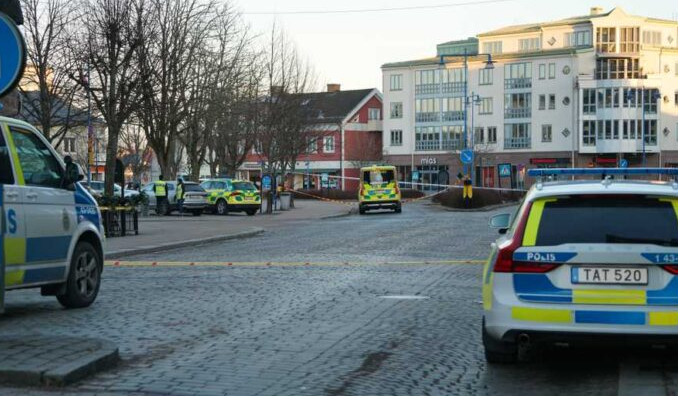[ad_1]
LONDON (Reuters) – Britain’s job market is defying the Brexit blues but wages are still in the dumps, data showed, suggesting the Bank of England will tread carefully on Thursday with any signals about when it may finally raise interest rates.
The sub-inflation pay growth could also add to the pressure on Prime Minister Theresa May to raise public sector wages, a day after she agreed to ease seven years of salary constraints – but only modestly and only for some state workers.
Wednesday’s data underscored how the economy is no longer following the once widely agreed rules on the link between job creation and pay growth, creating a headache for the government in Britain and other rich economies around the world.
Britain’s problem is all the more acute because inflation looks set to hit a five-year high of 3 percent soon, caused in large part by the fall in the value of the pound since last year’s shock referendum decision to leave the European Union.
The Office for National Statistics said the unemployment rate unexpectedly fell to 4.3 percent in the three months to July, helped by the strongest job creation since 2015.
That took the jobless rate further below the 4.5 percent level which the BoE has said would probably force employers to step up their pay increases to hire staff.
But wages rose by a modest annual 2.1 percent, weaker than a median forecast of 2.3 percent in a Reuters poll of economists and the latest in a long line of disappointing earnings figures.
The value of the pound fell on Wednesday as investors took the wage data as a sign that the BoE, which is due to make its latest policy announcement at 1100 GMT on Thursday, was unlikely to significantly strengthen its message that a rate hike could come sooner than financial markets have been thinking.
“Today’s wage data suggests all is still not right in the economy,” Ed Monk of fund manager Fidelity International said.
BANK OF ENGLAND DECISION
Only two BoE policymakers have been voting for an immediate rise in rates from a record low of 0.25 percent back to 0.50 percent, their emergency level for almost all of the decade since the global financial crisis.
They say the fall in unemployment will push up prices and inflation soon.
Some economists say BoE chief economist Andy Haldane will join the minority of dissenters this week, signalling a shift in thinking at the central bank that could lead to a rate hike at its subsequent meeting in November.
However, most economists do not expect a rate rise until 2019. They think inflation will move only a little higher before slowly fading next year as Britain’s economy is subdued by the approach of its divorce from the EU in 2019.
In real terms, wages have been falling since April and dropped by an annual 0.4 percent in the three months to July.
Part of the weak wage growth reflects a seven-year policy of public-sector wage restraint to help cut government borrowing.
Britain’s government – aware of the frustration among many voters over their squeezed spending power – partially eased its grip on pay on Tuesday when it said it would no longer limit wage rises for police and prison guards to the 1 percent cap for the public sector.
But even the pay offer for these two groups remains below inflation, and the government has made no extra money available to fund the increase, suggesting a squeeze on services.
Public-sector trade unions are considering coordinated strike action to push for pay rises greater than inflation.
Even if the government is forced into increases for more public sector workers than announced this week, the overall impact is likely to be muted: Public sector workers account for about 5 million of the 32 million people in employment in Britain.
Editing by John Stonestreet and Hugh Lawson
[ad_2]
Source link







Leave a Reply